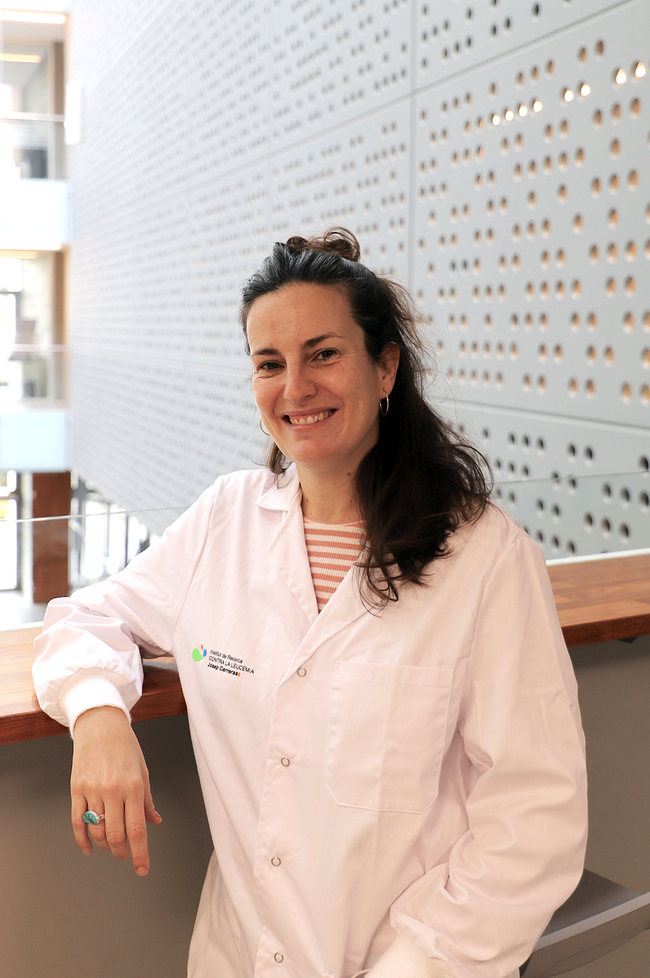The Josep Carreras Leukaemia Research Institute opens a new lab devoted to Endothelial Pathobiology and Microenviroment
Dr. Mariona Graupera joins the Josep Carreras Institute to head the Endothelial Pathobiology and Microenviroment laboratory.

Dr. Mariona Graupera joins the Josep Carreras Leukaemia Research Institute to lead the Endothelial Pathobiology and Microenvironment Group and continue pursuing excellent science to understand the role of blood vessels in disease towards the development of therapeutic strategies to target the vascular compartment.
The overall aim of the Graupera lab is to understand the mechanisms that regulate the vasculature during development, homeostasis and disease. Most of her research is focused on the endothelium, a single layer of cells in the inner part of blood vessels, that plays an active role in many important physiological processes and diseases such paediatric rare disorders and cancer.
To meet those goals, the Endothelial Pathobiology and Microenvironment Group uses an interdisciplinary approach that includes state-of-the-art mouse genetic models, cell culture of patient-derived endothelial cells, systems biology approaches and high-resolution microscopy, including live imaging.
“Our research will contribute to the understanding of the biological mechanisms of diseases in which the endothelium and cell linages derived thereof are the core affected tissue, towards providing new therapies” says Dr. Graupera.
The career of Mariona Graupera
Mariona Graupera began to develop an interest in vascular biology during her PhD where she studied portal hypertension, a vascular syndrome associate with liver cirrhosis. Very early during her training, she was in contact with what is now called ‘translational research’. This was very influential for her subsequent research career, in which she has always tried to translate basic science findings into therapeutic opportunities. Her interest in signalling pathways in physiological systems led her to join the laboratory of Prof. Bart Vanhaesebroeck in London, first at the Ludwig Institute for Cancer Research and then at the Bart’s Cancer Institute, where she performed her postdoctoral stay from 2003 to 2009. During this period, Mariona unveiled the critical requirement of PI3Ka isoform during angiogenesis; this work has had a very strong impact in the field.
Driven by her interest in the problem of cardiovascular diseases, in 2009 she embraced the opportunity to create a multidisciplinary laboratory devoted to study PI3K/PTEN signalling in physiopathological angiogenesis at IDIBELL with a Ramon y Cajal position. Since then, Dr. Graupera has made instrumental discoveries leading to publish high-impact research which influence the clinical management of vascular-related diseases (J Exp Med, Nat Commun, Clin Cancer Res, Sci Transl Med, Circulation).